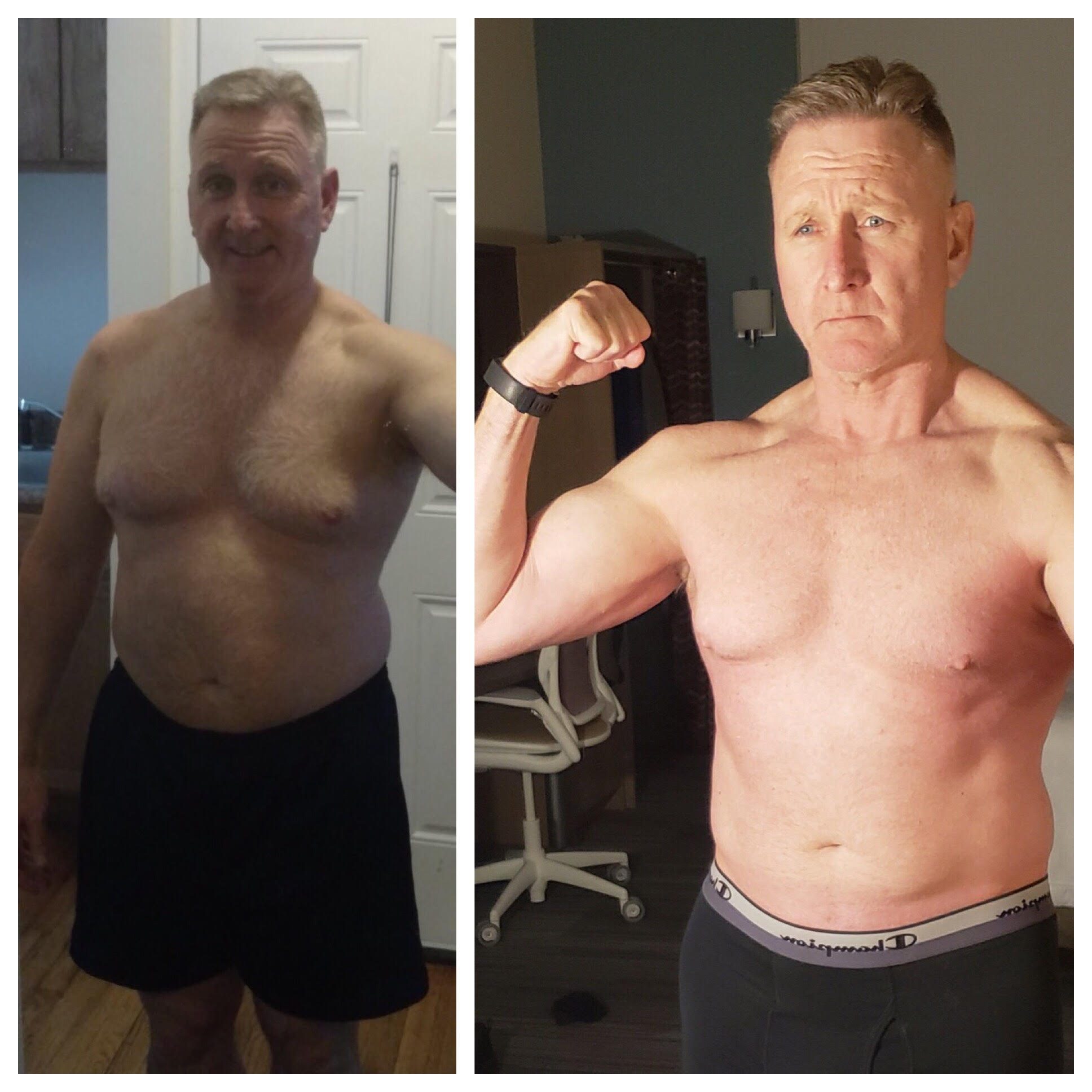So, why do you stress?
Did you notice the oxymoron in my title? I used the word talk and then four exclamations. Lately, I realized that is how I am. One part of me is not showing stress at all, but meanwhile a few layers below the surface, I’m freaking out! I have mastered the ability to hide either all my stress or only allow others to see a small part the iceberg. I might be fooling people around me, but my adrenals sure aren’t being fooled. So, let’s discuss a few things today: why we stress, effects of stress on the body and psyche, and tools for dealing with stress.
Most people would answer that with: my job, my spouse, I worry about my children, finances. political climate, the state of our country…this list could go on and on but they all have one common theme – uncertainty, which is another name for FEAR. When we are uncertain about an outcome, that brings stress. And depending on your current perspective and prism that you view the world through, your levels of stress and what triggers it are unique to you.
The effects of stress on the body are many.
Besides losing sleep, according to Ann Pietrangelo who writes for healthline.com, the following systems are negatively affected by continual (non-fight or flight) stress: central nervous (CNS) and endocrine, muscular, sexual/reproductive, immune, digestive, and respiratory and cardiovascular. WOW, just knowing that is stressful!
Since we focus on weight loss, let’s discuss in more detail on the endocrine and digestive systems and how stress affects weight loss attempts and progress. Did you know that your blood sugar levels go up when you are under stress? Yup, your liver produces this on purpose to give the stressed-out person an extra shot of energy. This affects your weight loss in two ways. First, the liver slows down its fat detox responsibility and expends its energy on dealing with the stress; and second, when blood sugar levels are spiked and come down, hunger ensues. Stress will also affect your bowel movements. Depending on you, it could go one or the other – diarrhea or constipation – pick your poison.
If you are trying to lose weight, the hypothalamus is the leader of that charge. When you are under stress, the hypothalamus (part of the CNS) tells the adrenal glands to release adrenaline and cortisol. In our American lifestyle, most of our stress does not come from REAL fight or flight scenarios any longer, but instead it comes from fear (uncertainty) and anger. These emotions are especially detrimental due to their ability to affect other organs once that emotional energy is introduced into body and not properly dealt with and then dispelled. If you have low grade continual stress like a thorn in your side consistently nagging at you, you will be at risk for Type 2 diabetes. Also, if cortisol and adrenaline are continually introduced into the body without the fight or flight necessity which helps properly expel these hormones effectively, inflammation resulting in future health issues and weight gain are inevitable.
This is not an overnight, one-time fix! The ways in which we deal with stress have been ingrained and used for a long time. Also, many of us have realized over the years that our coping skills might not have been the greatest so we have done things to change how we react to certain triggers. But, when the situation goes over the new threshold we established, we will revert back to old ways rather quickly. This is frustrating because then we believe that not much progress has been made at all. Then for many, they go into a downward spiral of despair and self-sabotage because they really don’t believe they have the ability to change and they’ll be stuck like this forever. Their lives resemble the old “Chutes and Ladders” game. Instead of just falling back a few steps, they find the nearest, longest chute and jump on, sending them back to the beginning because that is what they deserve!
Okay, so let’s first start by saying: “Give yourself a break.” Next, let’s ask why you believe that punishment is the answer – because it obviously hasn’t been effective in this area or you probably would have fixed this issue already, since you are a firm believer self-punishment, and last, let’s see how we can methodically chip away at old belief systems while lowering the effects of stress on the body.
What are some ways to lessen the effects of stress?
Many of us can easily Google ways of relieving stress and get lots of suggestions, but what always makes a difference to me is understanding the direct connection between an action and the expected result. So here are a few easy ones:
Deep Breathing: Regular deep breathing is necessary for all of us at any time during the day or evening. It evokes mental clarity, higher weight loss results, and among many more benefits lessens pain and inflammation. Specifically, for women is oxytocin breathing because of the higher need for oxytocin and stress management. Men don’t need as much of this and that is a physical reason why men, for the most part, handle stress a little easier than women.
Exercise: This is especially important for blood type O’s, but something else to consider choosing the right type of exercise for your blood type. I do take stock in blood type characteristics, so that is why I bring up blood type. Dr. D’Adamo explains in “Eat Right 4 Your Type” that different types of exercise are better for different people. For example, blood type O’s store their stress in the muscle system, so for them, high intensity workouts with a lot of sweating is very good because it allows the muscle system to release stored toxins and stress. Compare this to a blood type A or B who releases stress with quieter more introspective exercises like hiking or yoga.
*Side note: Apparently, sitting is like the “new smoking.” Too much is highly detrimental to your health. Therefore, if you sit for long periods of time at work, it is a good idea to just stand up every 15-20 minutes. This is very beneficial to the lymph system which carries out cellular toxins, yet another place for toxic emotions to be stored including stress. The idea is to change your physical position for just 1-2 minutes and this is beneficial.
Prayer and Meditation: There is little doubt with much of the general population today that taking time to quiet the mind is highly beneficial and if you are connecting that to a spiritual force bigger than you is even better. I’m not talking about dropping to your knees under your desk, although that might be a good idea depending on what is happening, but honestly just stopping and breathing and looking out the window would be good. Please don’t under estimate taking time-outs for yourself especially during a hectic work day. To help me with that, I love an App called Mindful which gives you guided breathing and relaxing views right on your phone. Many of them are 30 seconds to 5 minutes, so it is useful anytime during the day.
And last but not least, a little bonus I recently found. The Huffington post writes: “The Free Three: A great way to take a rejuvenation break is to engage in one of the “free three,” to borrow Dr. Richard Swenson’s term. Dr. Swenson’s books (Margin and Overload) contain some of the best antidotes to burnout I’ve ever read because they help you create time in your life for the things you consider most important. Laughter, Music, Nature. Laughter is of particular note because there are scientific studies that lend support to the notion that laughing is beneficial for your health. In one such study, Japanese researchers discovered that diabetics enjoyed a significantly smaller spike in blood sugar after a meal when they watched a comedy show, compared to listening to a “boring lecture.” Listening to relaxing music or taking a short walk outdoors are also effective ways of unplugging from the chaos of daily life.
Practice using these things on a daily basis! Little by little you will see changes. Be kind to yourself, but settle for mediocrity either!


















0 Comments